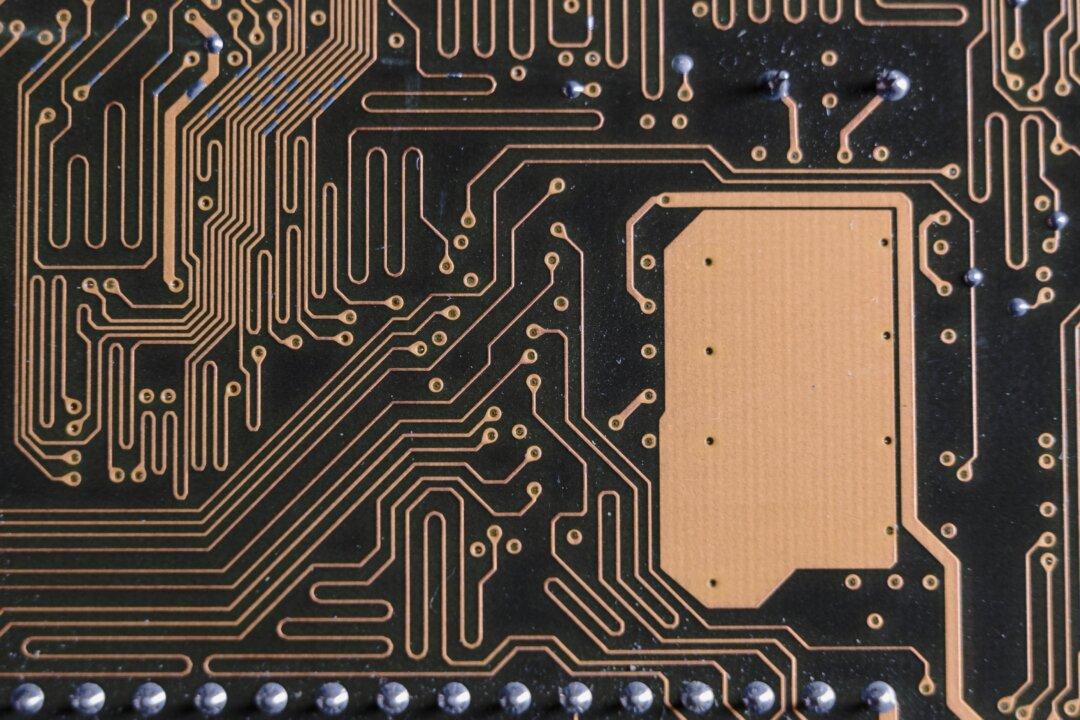 By Zaheer Dodhia
By Zaheer Dodhia
Recycling is one of those buzzwords that go back and forth in popularity. On one hand, recycling electronics is a responsible, earth-friendly, sustainable thing to do. On the other hand, in today’s fast-paced world, it can be easy to set it aside in favor of focusing on production, sales, and the bottom line.But is recycling electronics really just a time-consuming endeavor to be done when start-up owners have the time? Or is there a greater cost to ignoring this environmentally-minded step?





